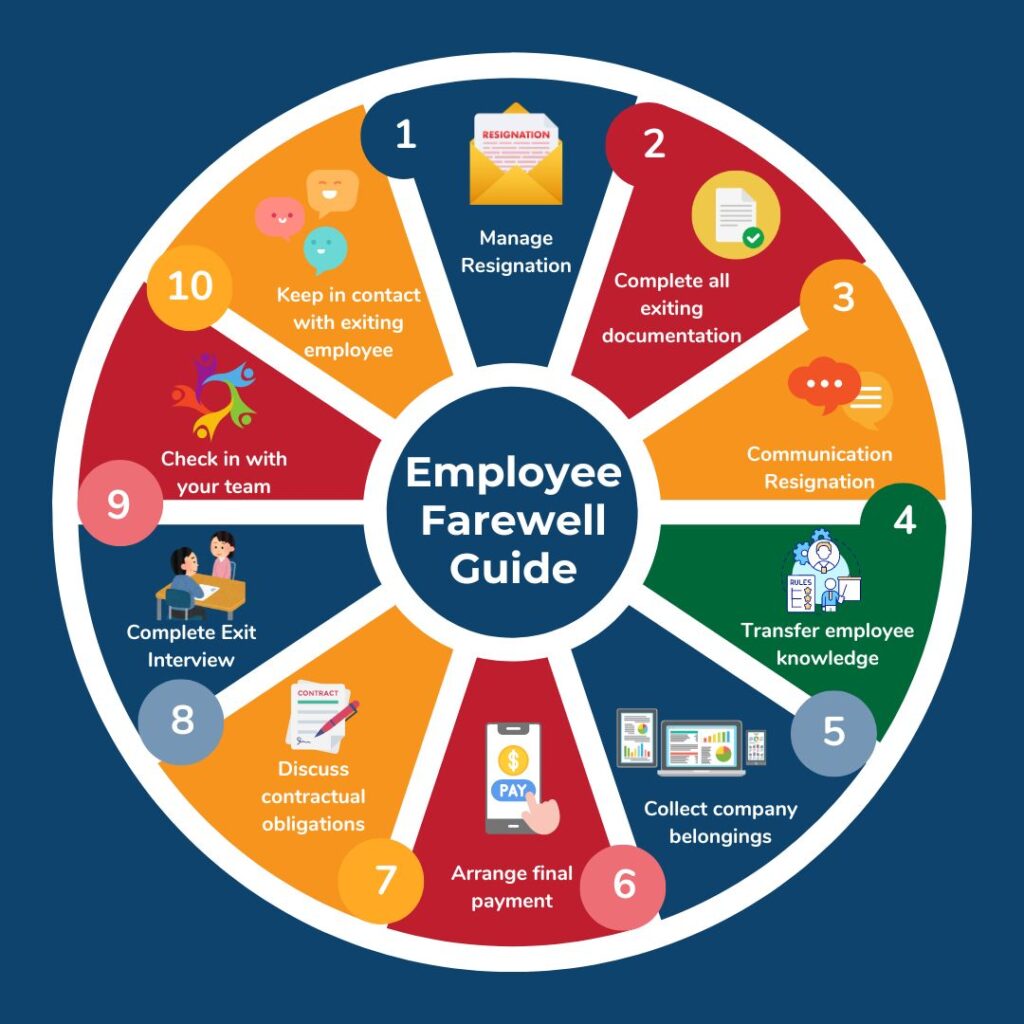Knowing what to pay your exiting employees and when

The end of an employment relationship can be difficult. Before deciding to terminate ensure you understand your obligations under the Fair Work Act 2009 (the Act) and any applicable instruments such as Awards or Agreements. Non-compliance with the obligations may result in a contravention of the Act to which you may subject to formal proceedings and pecuniary penalties.
Timing is everything and can vary depending on the Award or Agreement that covers the employment and its relationship with the Act. Commonly employers pay to the employees their final pay including any notice and unused leave entitlements after the employment is ended. However, importantly section 117 of the Act states the employer must not terminate the employee’s employment unless and including section 117 2 (b):
“The employer has paid to the employee (or to another person on the employees’ behalf) payment in lieu of notice of at least the amount the employer would have been liable to pay to the employee (or to another person on the employee’s behalf) at the full rate of pay for the hours the employee would have worked had the employment continued until the end of the minimum period of notice”.
Although the Act does not prescribe a time frame except for section 323(1) of the Act that requires employers to pay employees in full and at least monthly the Act also refers to the applicable Award or Agreement.
Whether an employee leaves your organisation voluntarily, they are fired or dismissed because of redundancy, you must pay to them their unused annual leave.
Section 90(2) of the Act directs employers to pay the employee any unpaid annual leave entitlement, being the amount that would have been paid to the employee had the employee taken that period of leave. There are various provisions across modern Awards that provide direction in relation to or in addition to what the Act prescribes by way of payment entitlement and timing of annual leave payments during employment and when the employment ends. Ensure you are familiar with these Award or Agreement provisions and the relationship to the Act.
The Federal Court of Australia recently ordered an employer (the respondent) to pay a pecuniary penalty of $17,000 for failing to pay an employee (who’s employment ended on 9 December 2021) his unused annual leave entitlement in the sum of $8,022.82, which the employer did not pay until 30 March 2022.
Recent decisions made by the Federal Court of Australia (including Southern Migrant and Refugee Centre Inc v Shum (No 3) [2022] FCA 481 and Dorsch v HEAD Oceania Pty Ltd (Penalty) [2024] FCA 484) provide a clear direction to employers that you must know and understand your obligations under the Act and that, a lack of understanding, a failure to investigate, take adequate steps and seek expert advice to understand your obligations and or ignorance of the law is no excuse.
- Ensure that any termination decisions are, managed with procedural fairness.
- The employee must always receive a written notice of termination which includes confirmation of the fate on which the dismissal will take effect.
- Ensure all entitlements are paid to the employee on termination. Entitlements include:
- final/outstanding wages
- payment of notice (any remaining paid in lieu),
- accrued annual leave,
- long service leave entitlements
- any accrued time off not taken (time off in lieu or rostered days off); and
- redundancy pay where applicable.




